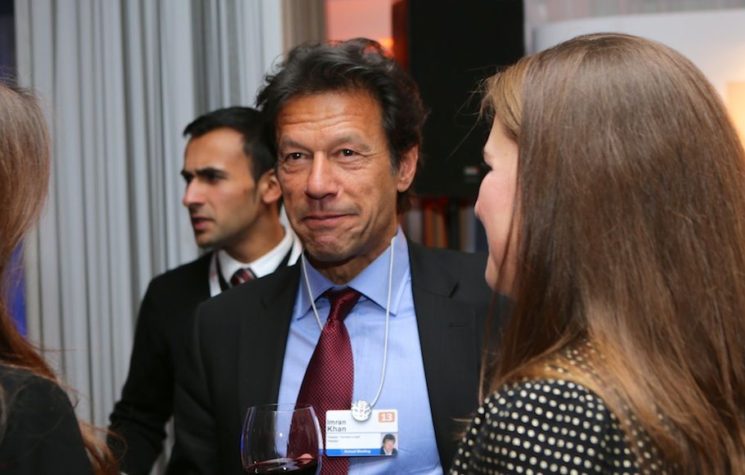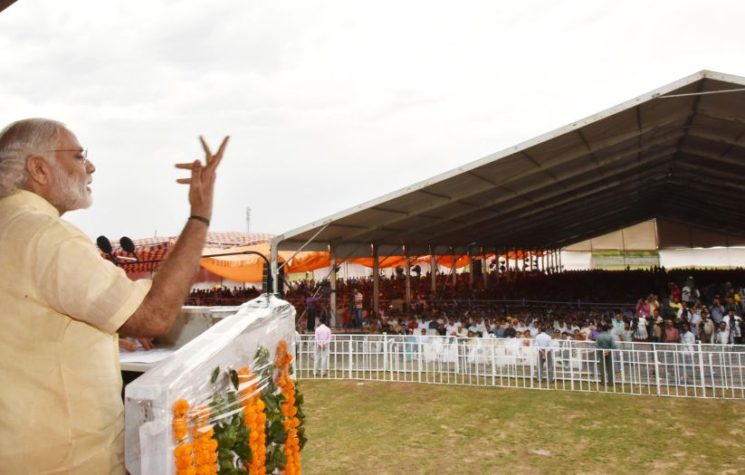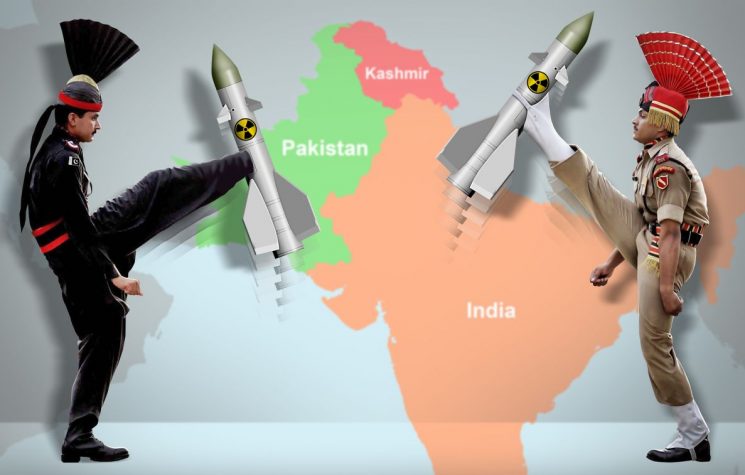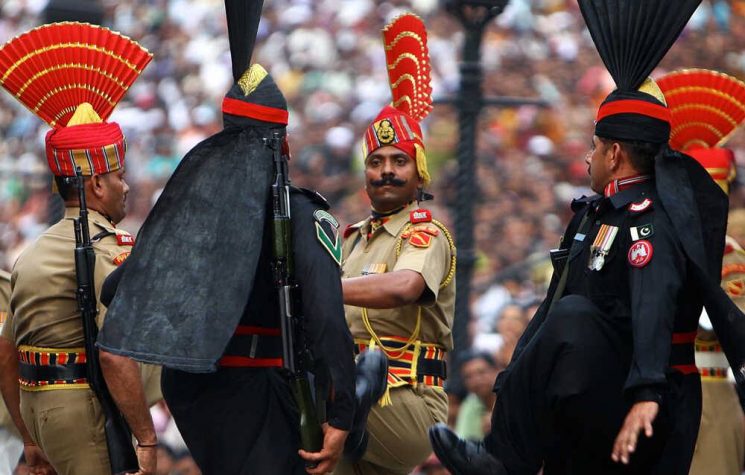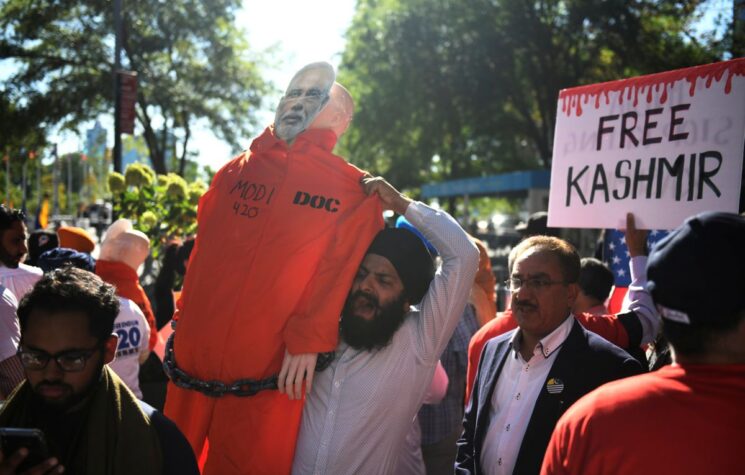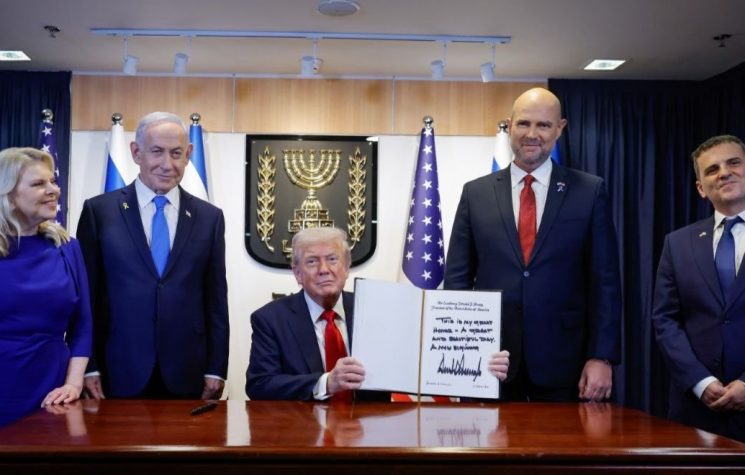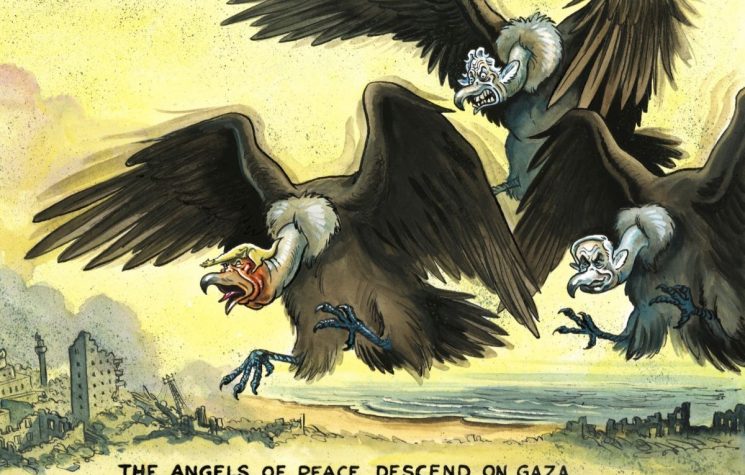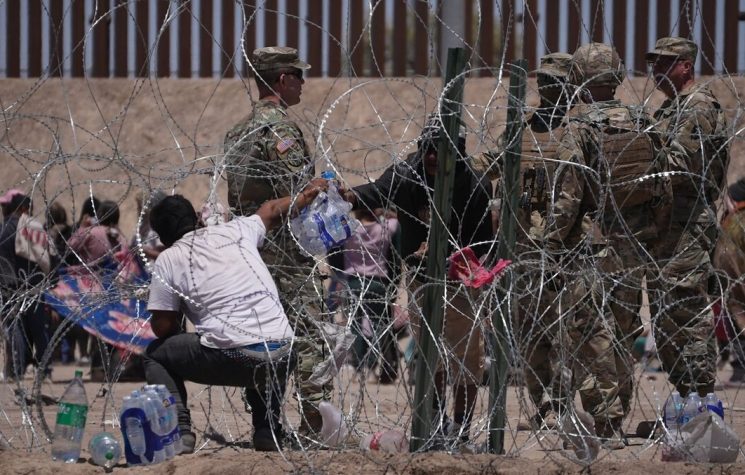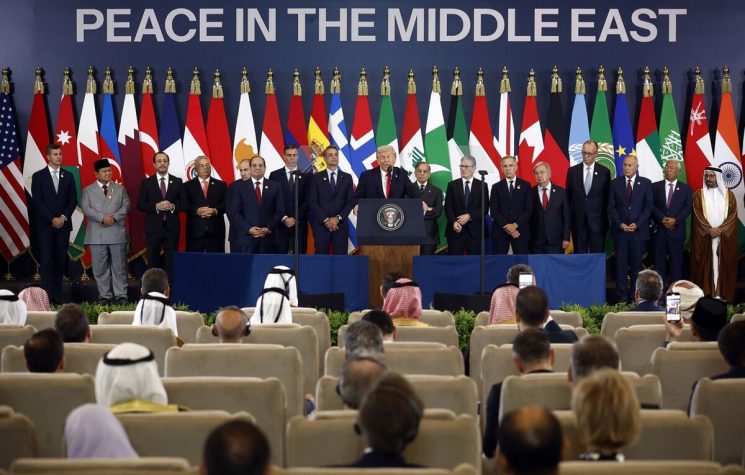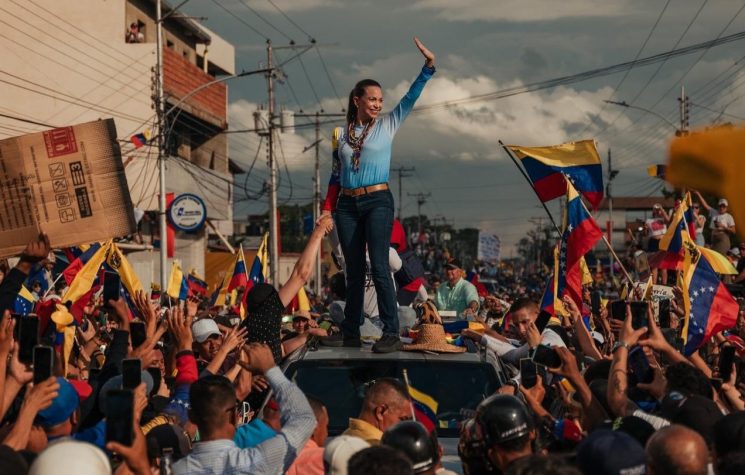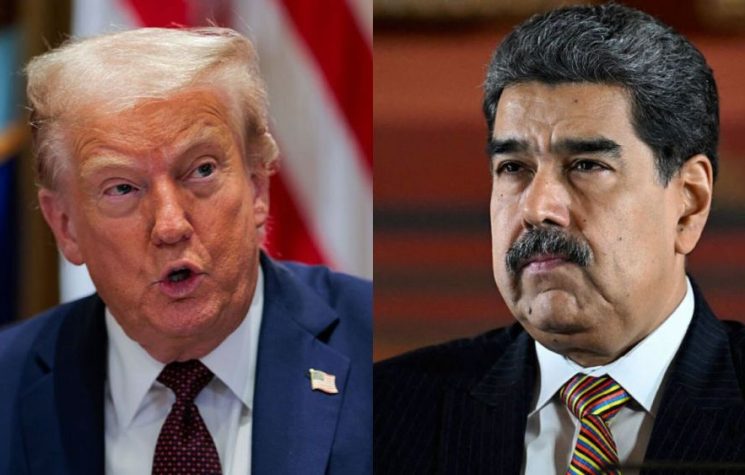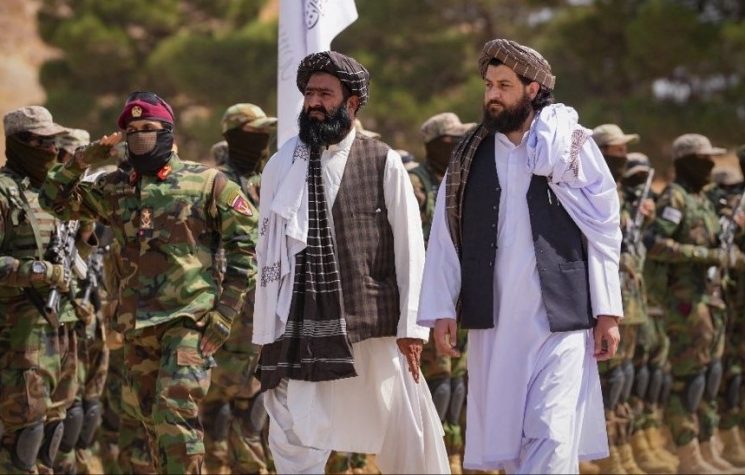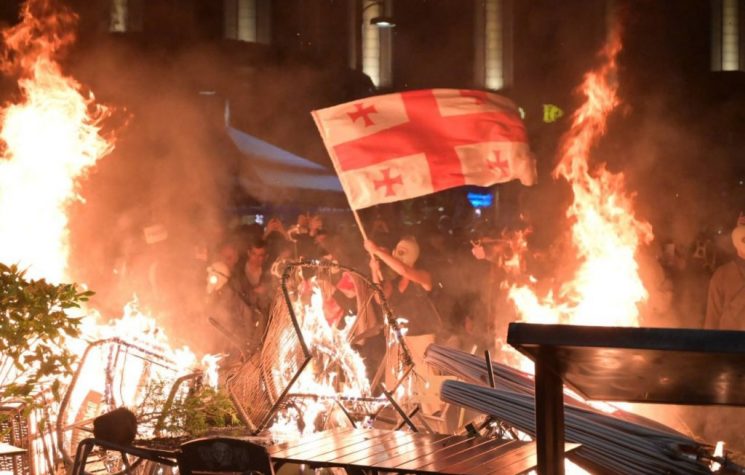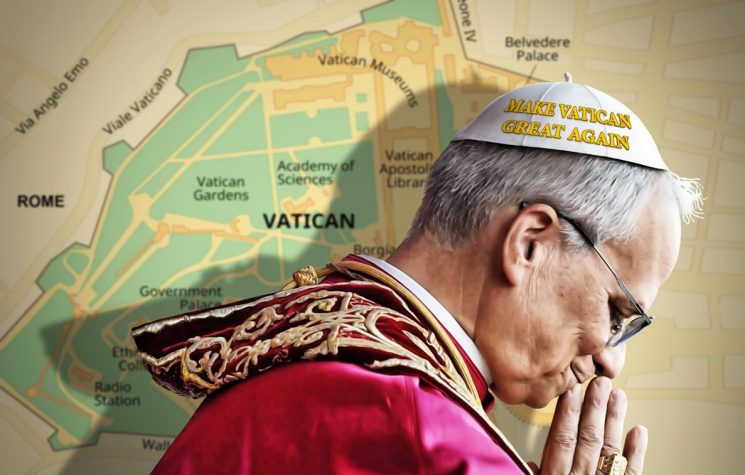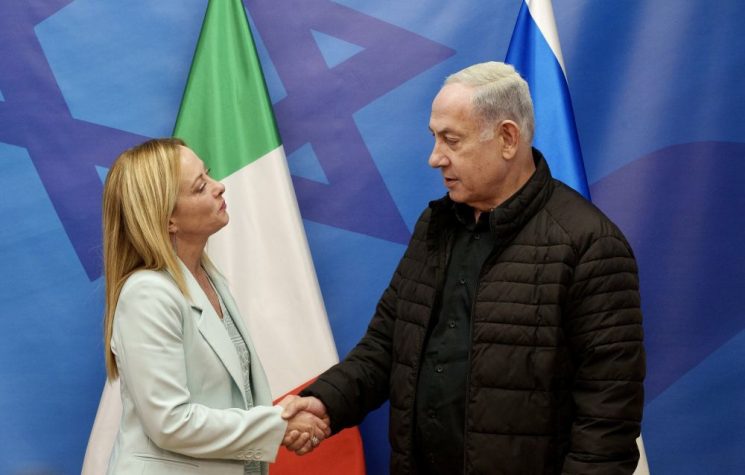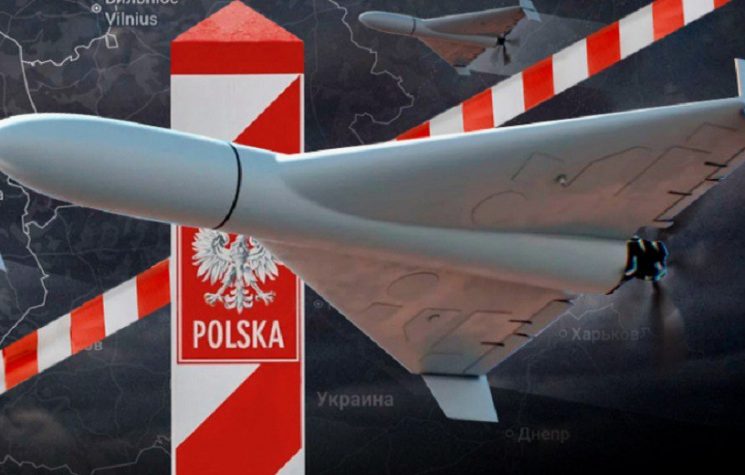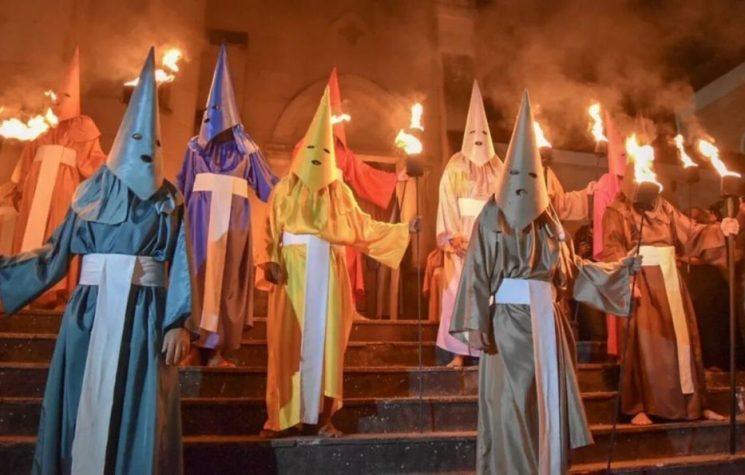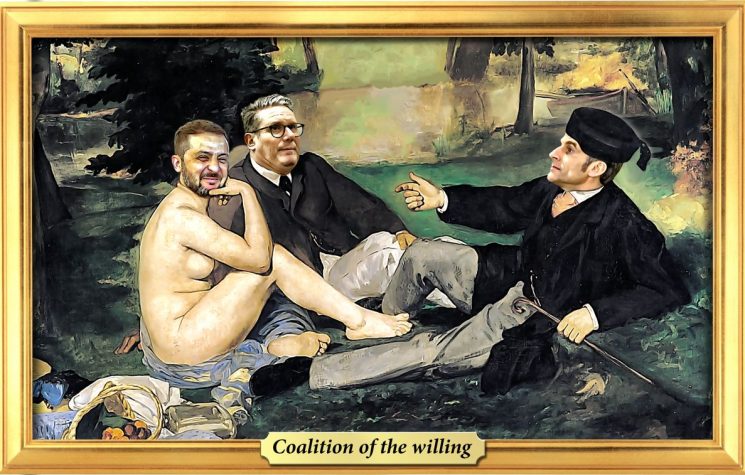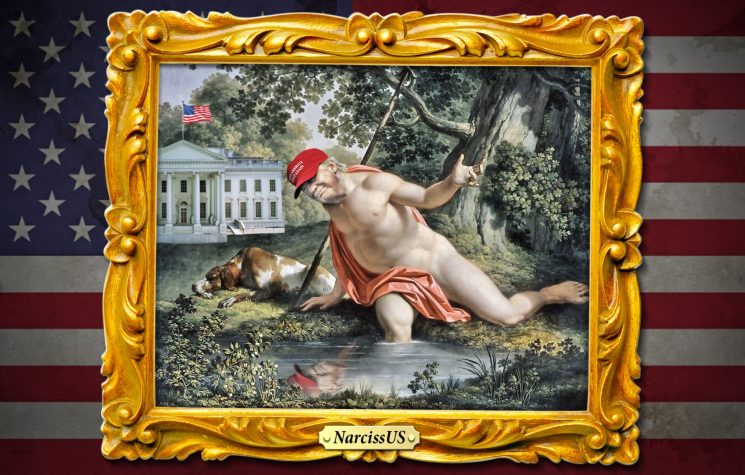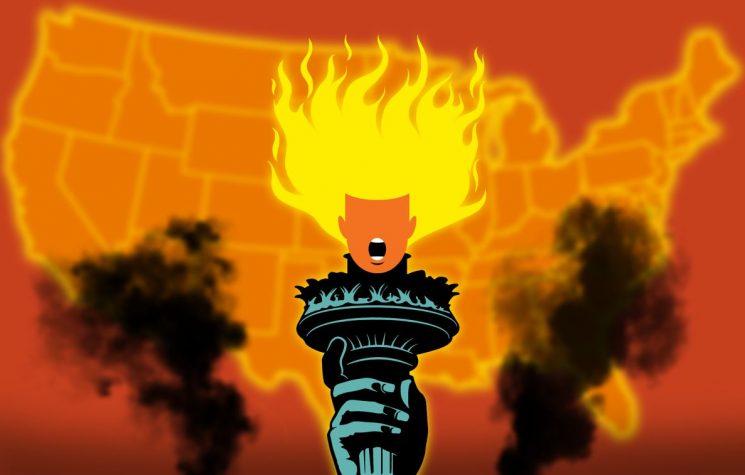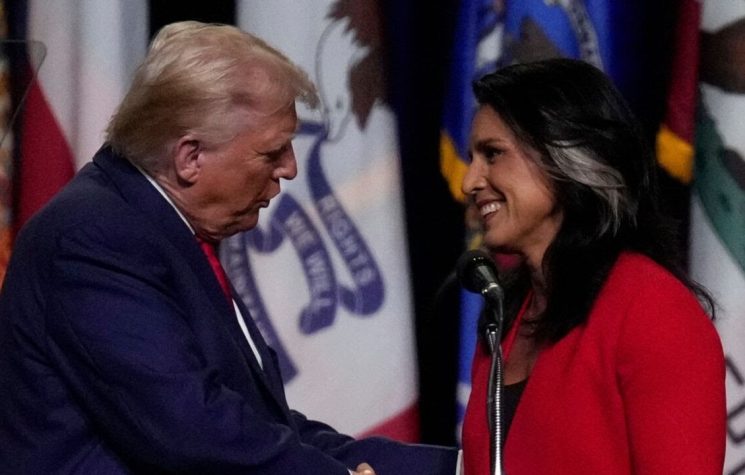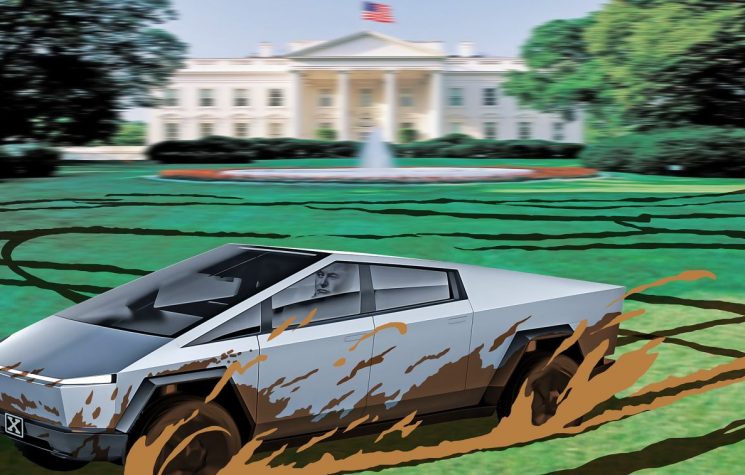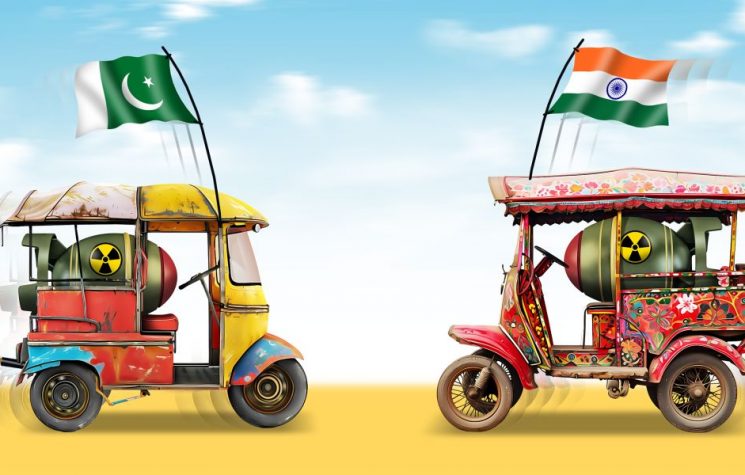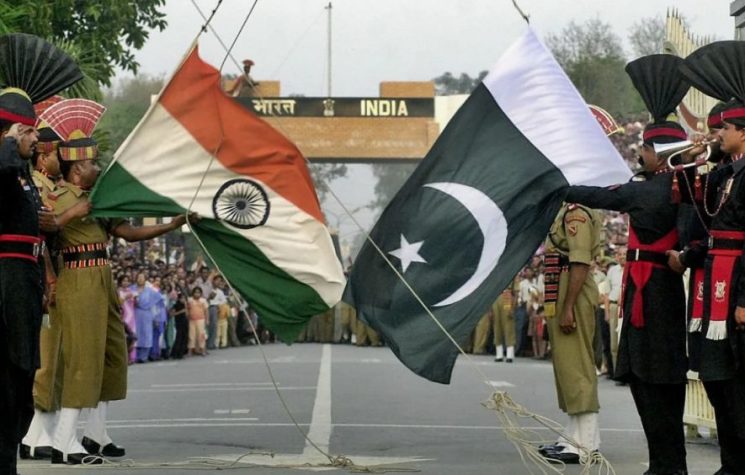Almost everything Trump touches turns to dirt or worse. Even if he seems to be genuinely trying to improve some sort of awkward situation, he strikes the wrong note. It doesn’t matter to him that he knows absolutely nothing about the subject which draws his attention, because in his ignorance he will plunge in and make things worse. His unilateral repudiation of the adequately-functioning international nuclear agreement with Iran was an utter disaster that vastly increased tension in the Gulf and the Middle East in general, and bids fair to lead to war. The vicious racist insults he delivered against four young, female, non-white members of his own Congress, tweeting that they should “go back and help fix the totally broken and crime infested places” of their origins, three being born in the US of immigrant families and one being an immigrant Somali, served to further polarise America at a time when it truly needs unity. Almost unbelievably he declared Representative Ilhan Omar to be an al-Qaeda sympathiser.
CNN reported that “Trump said he is angry ‘when I hear people speaking about how wonderful al Qaeda is.’ He emphasized: ‘That was Omar. How great al Qaeda is.’ And he said, ‘She said you can hold their chest out, you can — ‘When I think of America, huh. When I think of al Qaeda, I can hold my chest out’.” He then sent a tweet saying “A politician that hears somebody, where we’re at war with al-Qaeda, and sees somebody talking about how great al-Qaeda is. Pick out her statement. That was Omar. ‘How great al-Qaeda is.’ And we’re losing great soldiers to al-Qaeda.”
This poisonous allegation by Trump was rubbished throughout the media, but he has neither withdrawn his disgusting fabrication nor apologised for grossly libelling and slandering one of his country’s legislators.
And then he decided to dabble in the affairs of the sub-continent, seizing specifically on the Kashmir catastrophe as a vehicle for his self-perceived benign influence. It is appallingly obvious that he knows nothing whatever about Kashmir and its importance to India and Pakistan, and that he is totally ignorant of the seriousness of the savage insurrection that grips the part of the region governed by India.
Discord in Kashmir is a legacy of the ineffective division of colonial “India” by the British in 1947, when they arranged for the sub-continent to be divided into two independent countries, India and Pakistan. Kashmir was a Princely State with a population that was almost entirely Muslim — but the ruler, the Maharajah, was a Hindu. Obviously the state should have become part of the new West Pakistan, but London opted for India and sowed the seeds of catastrophe.
Nothing has gone right since then, and disagreement between India and Pakistan over sovereignty of Kashmir has led to war between them, and could easily do so again.
On July 21 there were exchanges of fire between Indian and Pakistani troops along the Line of Control dividing the areas of Kashmir that are controlled — “administered” — by India and Pakistan. Indian reports indicated that a soldier had been killed. The following day Pakistan’s Prime Minister Ikram Khan had extensive discussions with President Trump in the White House, which included consideration of the Kashmir problem. President Trump told Khan that “I was with Prime Minister Modi two weeks ago and we talked about this subject and he actually said, ‘Would you like to be a mediator, or arbitrator?’ I said ‘where?’ He said: ‘Kashmir, because this has been going on for many, many years.’ If I can help, I would love to be a mediator.”
His claim that Mr Modi had anything of the sort to him was an outright lie. Supporter of international mediation that I am, simply because I prefer negotiation and arbitration to confrontation and killing, I know very well that no Indian prime minister would ever consider proposing such a course of action. It doesn’t matter that through third-party mediation a reasonable solution to a horrible dispute could be found and that countless lives would be saved — because there is no Hindu Indian in politics or anything else who would even whisper that international assistance would be a sensible thing.
Naturally, Trump’s contention that PM Modi had proposed mediation was quickly refuted by India’s minister for external affairs, Subrahmanyam Jaishankar, who said “I would like to categorically state that no such request has been made by the Prime Minister to the US President.”
It had been obvious that Prime Minister Imran Khan had wanted discussions to focus on economic matters, especially restoration of the $900 million in US security aid that was suspended in January 2018, but there was much wider consideration of international affairs than had been anticipated, and the raising of Kashmir, important as it is, served only to highlight the totally inflexible attitude of New Delhi to involvement of third parties in any approach to rapprochement with Pakistan. It also demonstrated that it would be advisable if President Trump refrained from discussion of international affairs he knows nothing about.
His naivety and ignorance were displayed when he said to Imran Khan that “So maybe we will speak to him or I will speak to him and we will see what we can do. Because I have heard so much about Kashmir. It is such a beautiful name. Supposed to be such a beautiful part of the world… but right now, there are just bombs all over the place. There is a terrible situation going for many years. If I can do anything, let me know.”
India and Pakistan have been moving closer to large-scale conflict since a suicide-bombing by the Pakistan-based terrorist group, Jaish-e-Muhammad, killed 44 para-military troops in Indian-administered Kashmir in February, after which India mounted an air attack in Pakistan-administered Kashmir, to which Pakistan riposted by shooting down an Indian Air Force MiG-21 during a retaliatory (and rather more effective) operation.
US reaction at the time included a White House statement that “This [terrorist] attack only strengthens our resolve to bolster counter-terrorism co-operation and co-ordination between the United States and India,” but the Trump-Khan discussions on 22 July made no mention of Pakistan’s alleged fostering of terrorist groups, and concentrated on other aspects of bilateral relations. Trump thanked Khan for Pakistan’s assistance in engaging the Afghan Taliban in peace negotiations, saying “we’ve made a lot of progress over the last couple of weeks” and made no mention of India’s stance or role in any final settlement.
It remains to be seen whether Pakistan will benefit economically or in any other way from the cordial talks, but India has been placed on notice that its relations with the US depend at least in part on Pakistan’s perceived usefulness to Washington. And Trump’s well-intentioned but totally inappropriate intervention concerning Kashmir, which India has chosen to regard as entirely pro-Pakistan, has set back India-Pakistan relations even further. The Trump hand has struck again.








